Talk Overview
Have you ever wondered how scientists react when they discover that they have been awarded a Nobel Prize? Horvitz, one of the winners of the 2002 Prize for Medicine or Physiology, tells us where he was and what he did when he found out he had won.
Speaker Bio
H. Robert Horvitz
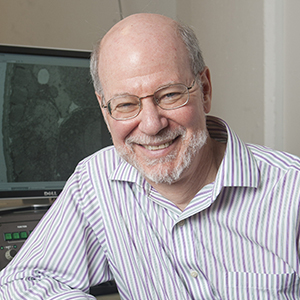
Robert Horvitz is a Professor in the Biology Department, the McGovern Institute for Brain Research, and the Koch Institute for Integrative Cancer Research at the Massachusetts Institute of Technology, as well as a Howard Hughes Medical Institute Investigator. Horvitz studies the development and behavior of C. elegans. His pioneering studies led to the identification of… Continue Reading
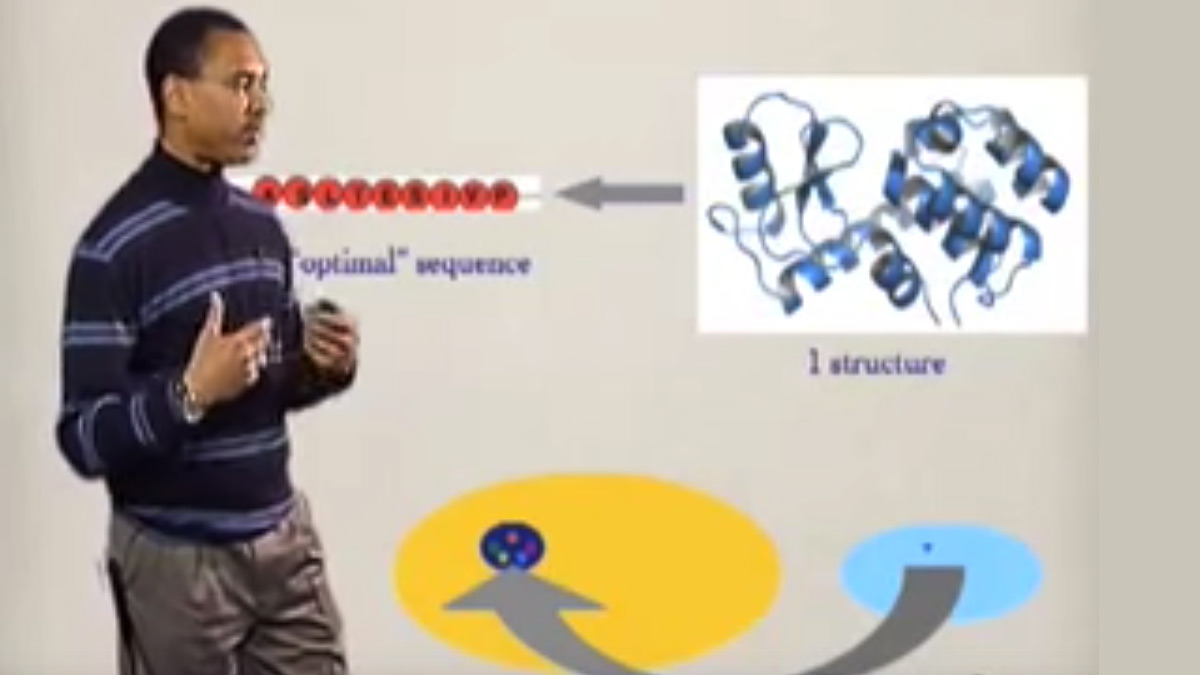
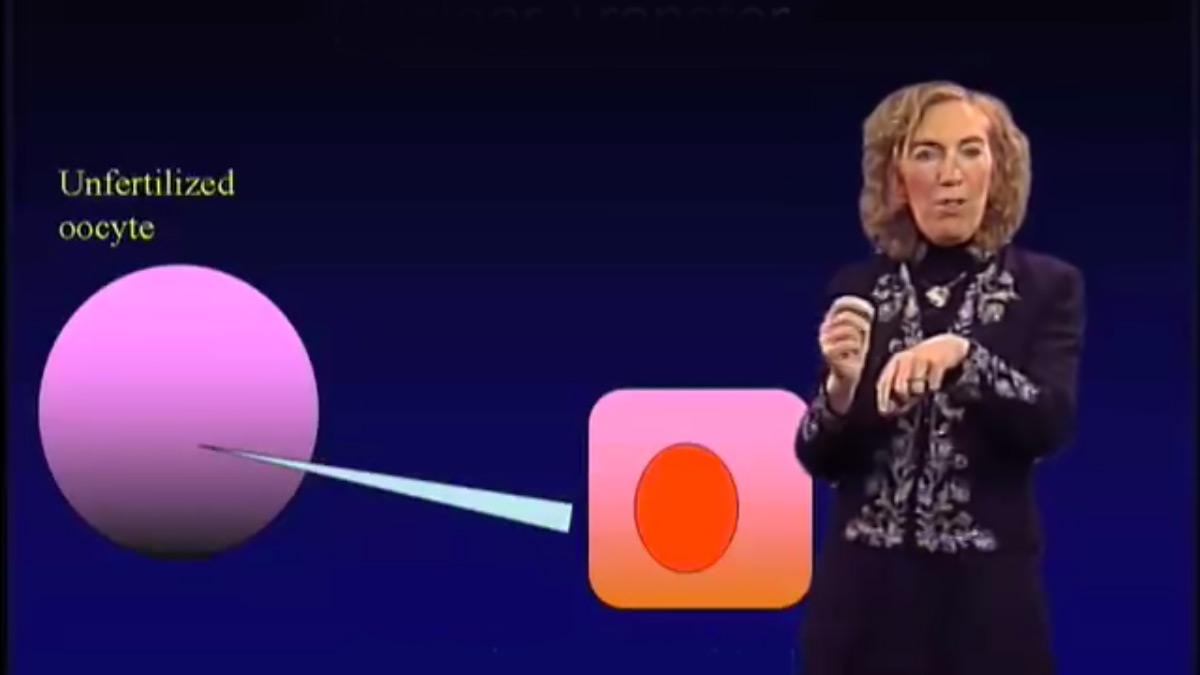
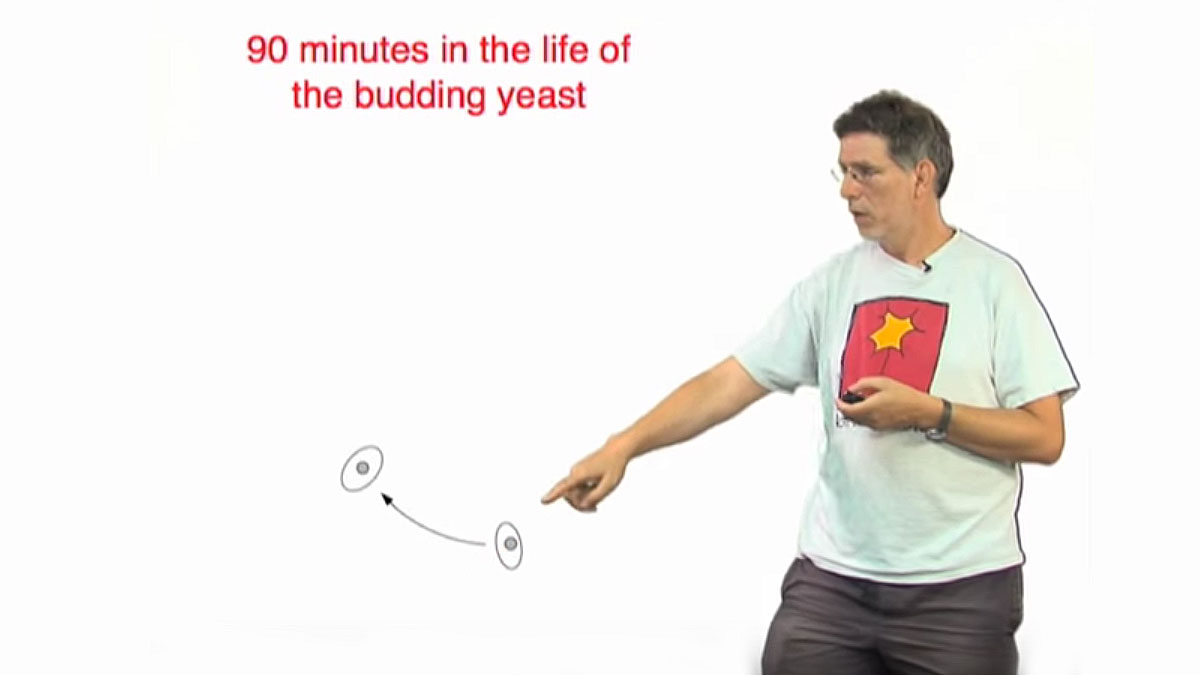
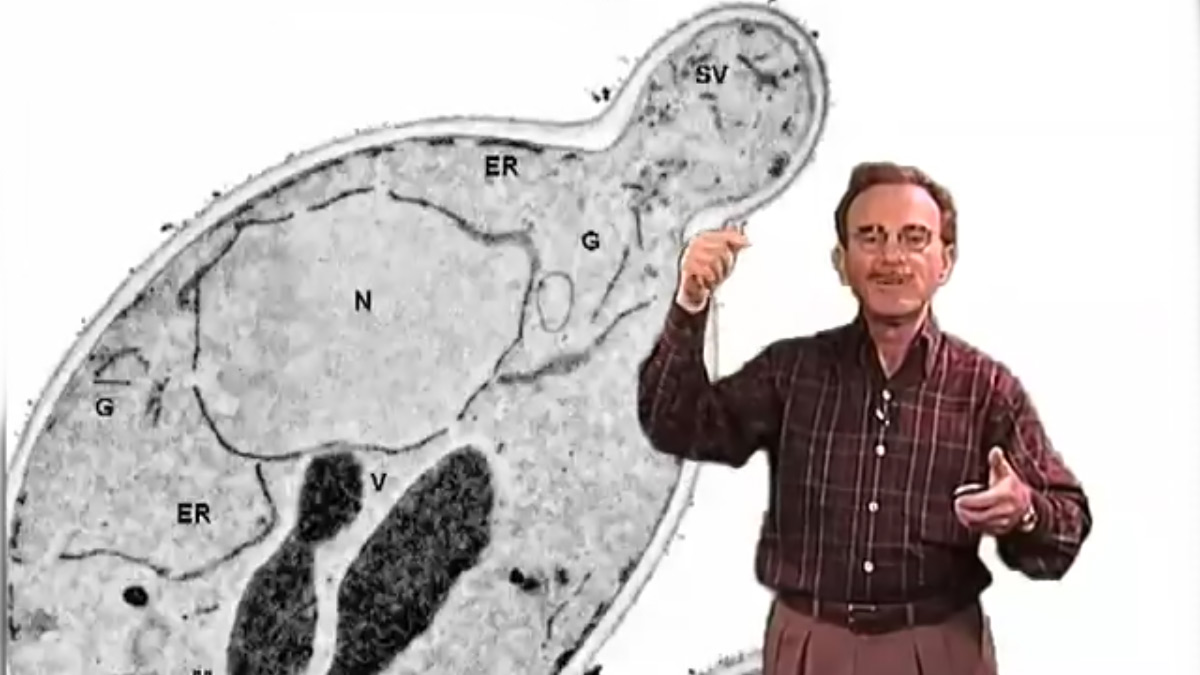




Leave a Reply